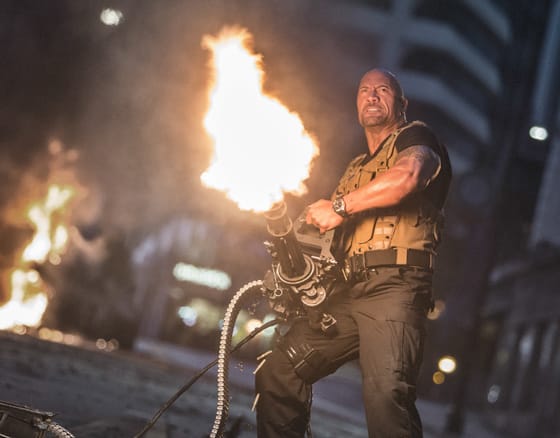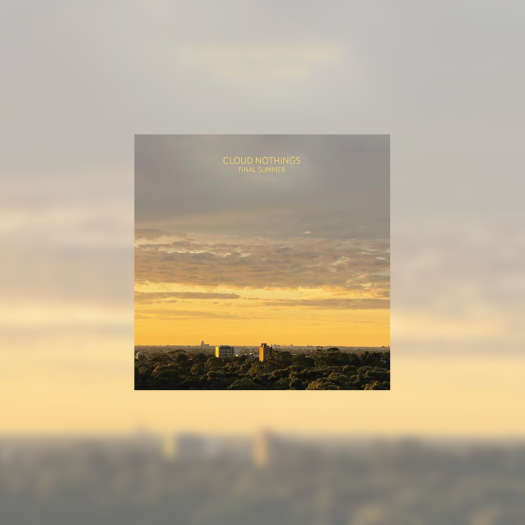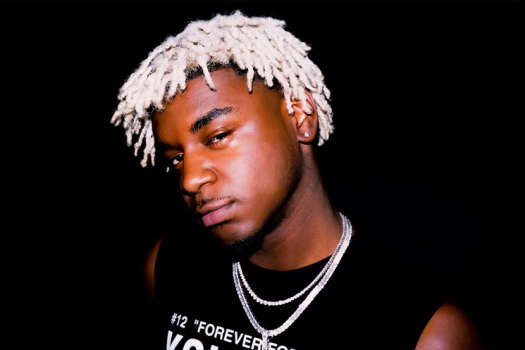Part sevens aren't supposed to be this good. While Furious 7 feels even more weighed down in its bombastic scope than previous entry Fast and Furious 6, the franchise fatigue is alleviated by striking a better balance between thematic sincerity ("family, family, family," Vin Diesel repeats) and the Bond-esque thrills the series has tried to achieve since re-inventing itself with 2011's Fast Five.
What's fascinating about these films is the way directors Justin Lin and now James Wan (Saw) have been able to retcon forgettable characters and elements from the first three films into a deeply fan-servicing series, rife with complex continuity and time loops, while still maintaining a high level of fun. This is, after all, a series about cars that can go really fast (and family, always family). If anything, the Furious films now feel like a cinematic Marvel Universe-lite, with less of an emphasis on meme-ready "wit" and more about old-school thrills. While Furious 7 can't match the thrill of surprise that Fast Five had going for it, it makes up for it with its big, beating heart.
Part of the fun of latter-day Furious films is the way the series reflects on itself. If each film has one-upped the previous with increasingly implausible stunts and more reliance on CGI, it feels at this point like everyone's in on the joke and giving it everything they've got. Where Fast Five was a heist film, Furious 6 involved our heroes saving the world; Furious 7 goes even bigger, but it also makes the stakes far more personal than they've ever been thanks to the inclusion of Jason Statham as a real villain (a franchise first) who goes after our crew, a threat that has never really been felt before in the series. With Furious 7, Wan seems to be recognizing the investment the fans have in these characters and exploiting it for dramatic purposes, showing the first signs of grey hairs on the franchise and playing into these anxieties with a self-referential wink.
After Furious 7, it really feels like the franchise can't get any bigger in scope without losing its human touch, and maybe that's a good thing. The first film, 2001's The Fast and The Furious had a pulpy, carsploitation sleaze that has worn off as the series has progressed, gaining a heart while freeing itself of its genre trappings. By bringing Wan into the fold, previously a horror-classicist except for his underrated 2007 pulp exercise Death Sentence, he brings along with him a bit of that carsploitation allure, and Furious 7 (a perfect grindhouse title if there's ever been one, albeit with a The in front), feels a bit shaggier and rougher than the previous Furious films.
What the past three Fast and Furious films have done brilliantly is engage in a meta-conversation about its stars and the way culture has shifted around them since they went from being fresh off of TRL 15 years ago. Until now: Outside of this one franchise, Vin Diesel, Paul Walker, Tyrese Gibson and Michelle Rodriguez aren't really the movie stars they were heralded to be back in 2001. The Fast and Furious films are about championing these also-rans, a genre exercise in pop culture as revisionist history.
"I don't have friends," explains Diesel's Toretto during the film, "I have family." Furious 7's ethos seems to be that it sees these actors as its family, each one an essential part of the unit. As the film reflects on the death of Paul Walker, it reveals just how important this mission statement is to the overall series. Furious 7 wears its heart on its sleeve in a more overt way than previous instalments, displaying its sincerity with a remarkable consistency. It feels like this is as big as the franchise can get.
(Universal)What's fascinating about these films is the way directors Justin Lin and now James Wan (Saw) have been able to retcon forgettable characters and elements from the first three films into a deeply fan-servicing series, rife with complex continuity and time loops, while still maintaining a high level of fun. This is, after all, a series about cars that can go really fast (and family, always family). If anything, the Furious films now feel like a cinematic Marvel Universe-lite, with less of an emphasis on meme-ready "wit" and more about old-school thrills. While Furious 7 can't match the thrill of surprise that Fast Five had going for it, it makes up for it with its big, beating heart.
Part of the fun of latter-day Furious films is the way the series reflects on itself. If each film has one-upped the previous with increasingly implausible stunts and more reliance on CGI, it feels at this point like everyone's in on the joke and giving it everything they've got. Where Fast Five was a heist film, Furious 6 involved our heroes saving the world; Furious 7 goes even bigger, but it also makes the stakes far more personal than they've ever been thanks to the inclusion of Jason Statham as a real villain (a franchise first) who goes after our crew, a threat that has never really been felt before in the series. With Furious 7, Wan seems to be recognizing the investment the fans have in these characters and exploiting it for dramatic purposes, showing the first signs of grey hairs on the franchise and playing into these anxieties with a self-referential wink.
After Furious 7, it really feels like the franchise can't get any bigger in scope without losing its human touch, and maybe that's a good thing. The first film, 2001's The Fast and The Furious had a pulpy, carsploitation sleaze that has worn off as the series has progressed, gaining a heart while freeing itself of its genre trappings. By bringing Wan into the fold, previously a horror-classicist except for his underrated 2007 pulp exercise Death Sentence, he brings along with him a bit of that carsploitation allure, and Furious 7 (a perfect grindhouse title if there's ever been one, albeit with a The in front), feels a bit shaggier and rougher than the previous Furious films.
What the past three Fast and Furious films have done brilliantly is engage in a meta-conversation about its stars and the way culture has shifted around them since they went from being fresh off of TRL 15 years ago. Until now: Outside of this one franchise, Vin Diesel, Paul Walker, Tyrese Gibson and Michelle Rodriguez aren't really the movie stars they were heralded to be back in 2001. The Fast and Furious films are about championing these also-rans, a genre exercise in pop culture as revisionist history.
"I don't have friends," explains Diesel's Toretto during the film, "I have family." Furious 7's ethos seems to be that it sees these actors as its family, each one an essential part of the unit. As the film reflects on the death of Paul Walker, it reveals just how important this mission statement is to the overall series. Furious 7 wears its heart on its sleeve in a more overt way than previous instalments, displaying its sincerity with a remarkable consistency. It feels like this is as big as the franchise can get.




